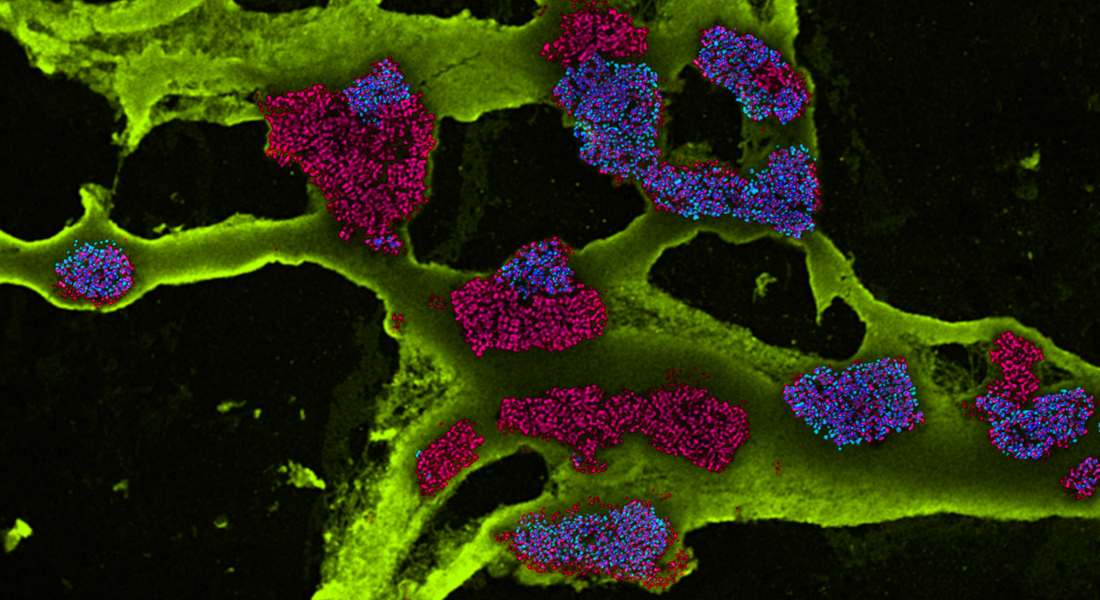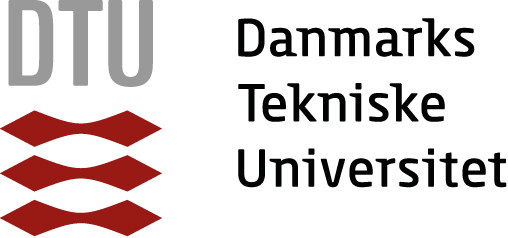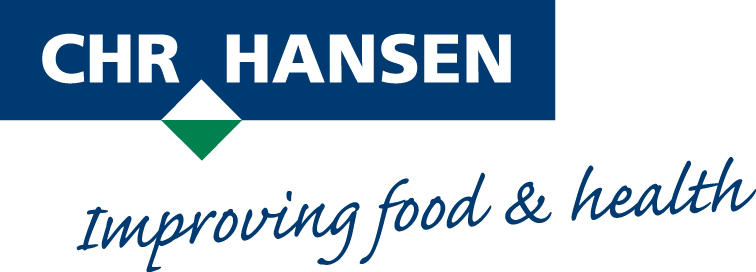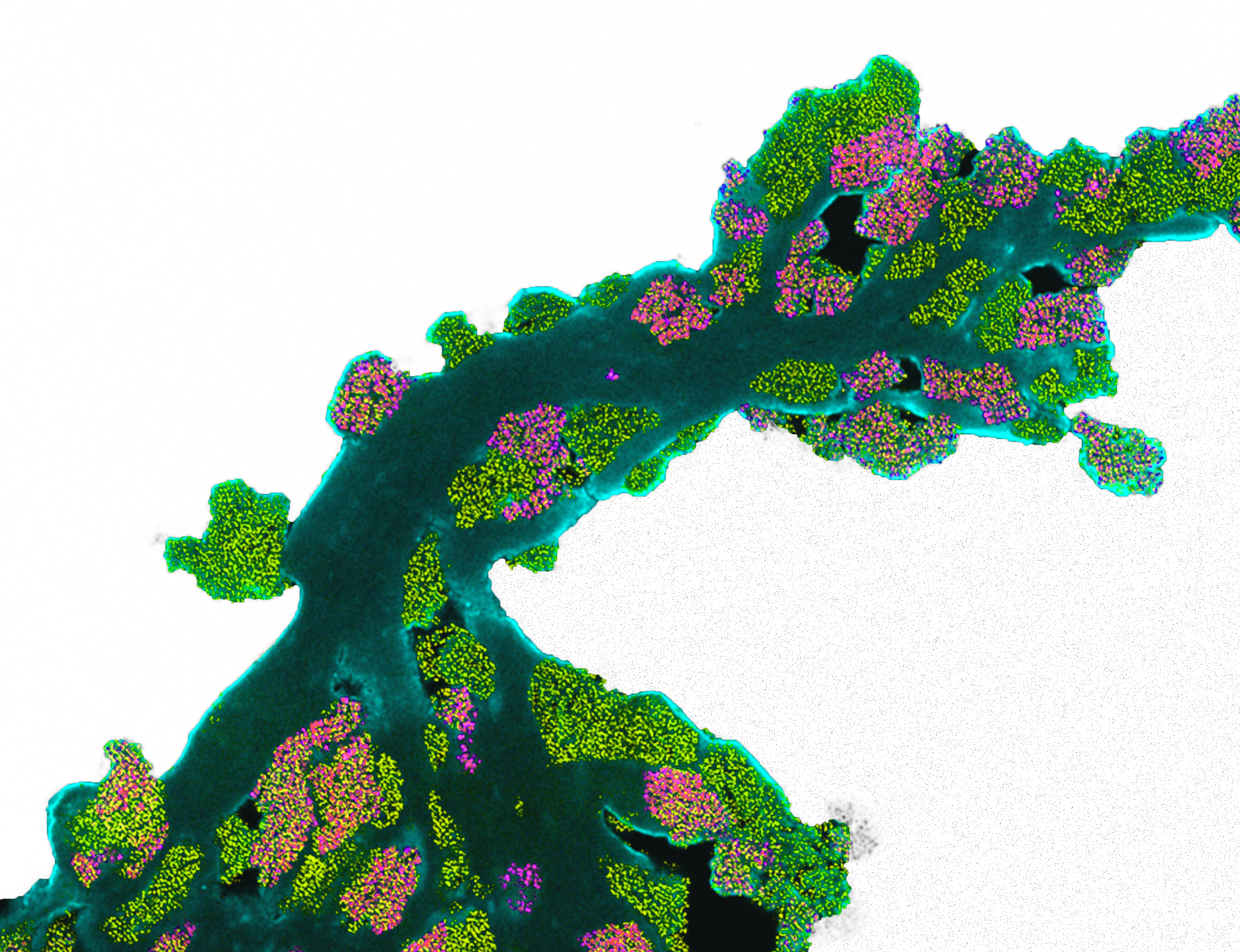CO-Perform - Biofilms as accelerators of co-evolution for improving bacterial consortia performance
In this project, we will characterise the molecular mechanisms behind short-term co-adaption in bacteria, and use this insight to develop a new methodology that can improve bacterial performance.

The aim of this project is to reveal the dynamics, prevalence and underlying mechanisms of short-term bacterial co-adaptation. We will use this to develop a method for short-term co-cultivation that will enhance properties of consortia in current production processes.
CO-Perform - Biofilms as accelerators of co-evolution for improving bacterial consortia performance
Traditionally, bacterial cultures used in food production often contain different species to obtain the desired texture etc. during processing. However, the selection and risk assessment prior to application of the microorganisms follow traditional pure-culture principles.
Thus, the standard pipeline for optimization of bacterial cultures involves single clone isolation and characterisation, after which the bacterial isolates are joined in co-cultures and applied as defined starter cultures for fermentation and/or flavour development. Such defined starter cultures differ from the non-customised, traditional starter cultures, which are used for years to decades in milk fermentation and cheese ripening and propagated as consortia by continuous transfer from product batch to product batch without isolation of individual strains. This practice is not commonly applied in modern biotechnological food producing industries, due to difficulties in keeping track of individual clones and reproducibility requirements in repeated production. In addition, non-defined cultures are less cost effective than defined consortia. Thus, isolation and identification of pure bacterial isolates are inevitable steps in starter culture design, but may not be the best, as isolation and selection criteria are based on performance of individual strains, that are not optimally adapted to the other members of the applied co-culture.
The aim of this project is to reveal the dynamics, prevalence and underlying mechanisms of short-term bacterial co-adaptation. We will use this to develop a method for short-term co-cultivation that will enhance properties of consortia in current production processes.
Gains and perspectives
This research project will provide a method for improvement and validation for food industry fermentation and improve knowledge on bacterial co-adaption in multispecies biofilms. The technology developed is expected to be applicable to any process that depend on activity of defined bacterial consortia. In broader terms, the project outcome will be relevant for strategies used to exploit and prevent multispecies biofilms, as the process steps will be specifically outlined. They can thus easily be included in current pipelines for consortia establishment in many biotechnological processes including wastewater degradation/ conversion and bioremediation.
The mechanisms underlying co-adaption may very well also be responsible for interspecies interactions that stabilise complex communities, found ubiquitously in natural man-made environments, and common causes of chronic infections. The mechanistic insight generated in the present proposal will identify promising targets for strategies aiming to improve treatment and application of multispecies biofilms.
 Professor Birte Svensson
Professor Birte Svensson
Department of Biotechnology and Biomedicine
Technical University of Denmark
 Professor Kevin Foster
Professor Kevin Foster
The Foster Lab, Department of Zoology
University of Oxford
 Gunner Øregaard
Gunner Øregaard
Head of the Screening Department
Chr. Hansen A/S
 Associate professor Mette Burmølle
Associate professor Mette Burmølle
My main research interest is the interplay and interactions among bacteria of different species within diverse communities. It is becoming more and more clear that the activity of bacteria are highly dependent on and determined by the microbial community they live in, and that the total functions of a multispecies bacterial community can’t be explained by examining each part of the community in isolation. Thus, a deeper exploration of the interactions shaping these communities is vital for understanding bacterial activity, physiology, function and evolution.
My current research aims at understanding the prevalence and underlying mechanism of interspecific interactions; both with respect to interaction characterization (synergism vs. antagonism), main facilitator (co-metabolism, co-aggregation etc.) and molecular mechanism. This includes characterisation of the impact of quorum sensing and horizontal gene transfer. I study bacterial interactions in strain collections from various natural and human health-related environments including soil, marine, freshwater, day care facilities and food processing environments.
In most cases, tight bacterial associations in a structured community are prerequisites for the interactions to develop; therefore biofilms are perfect settings for studies of interspecific bacterial interactions. I my group, different types of biofilm models, including static, batch biofilms and the newly established biofilm flow system, Bioflux 1000z, have become our model systems of choice for study of multispecies interactions.
Section of Microbiology

Funded by:
Biotechnology-based Synthesis and Production Research grant from the Novo Nordisk Foundation
Project title: Co-Perform - Biofilms as accelerators of co-evolution for improving bacterial consortia performance
Project period: 01.01.2018 - 31.12.2021
Contact
 Associate professor
Associate professor
Mette Burmølle
Universitetsparken 15
Building 1, 1st floor
DK-2100 Copenhagen
Email: burmolle@bio.ku.dk


